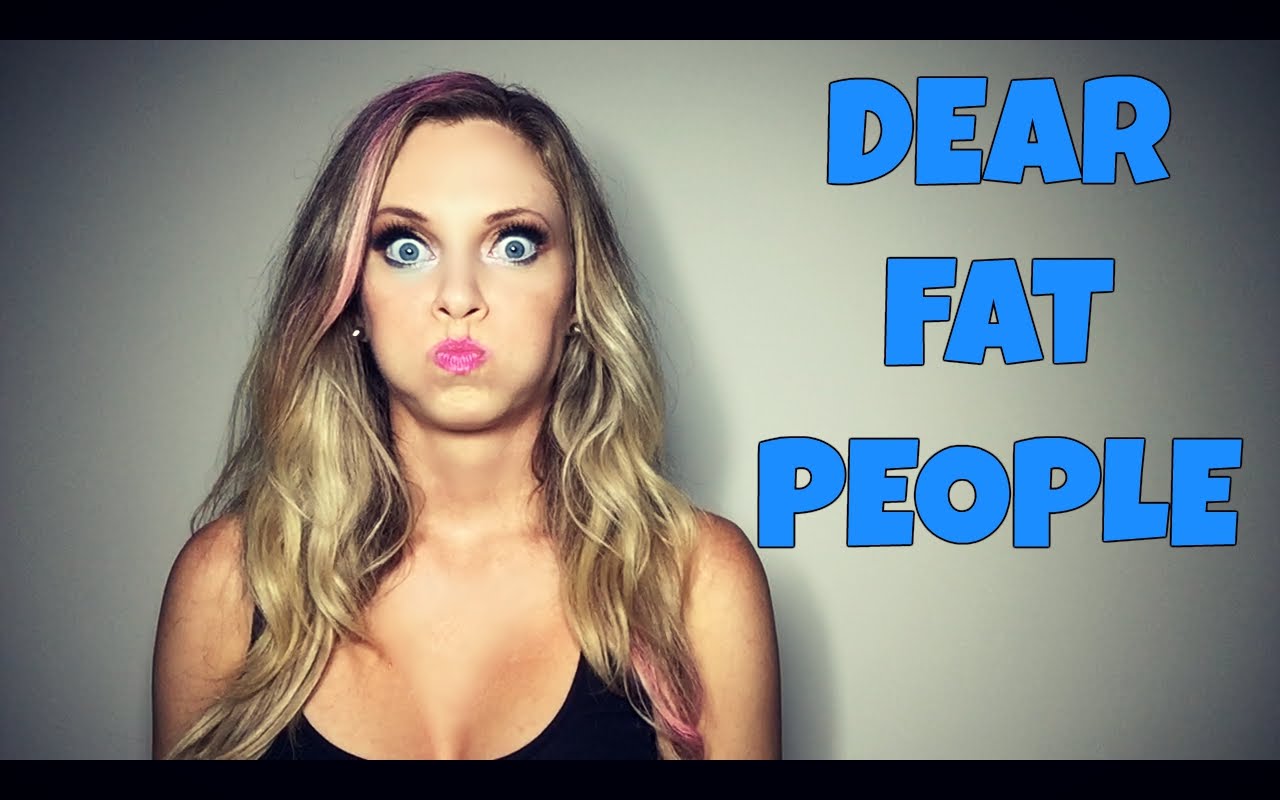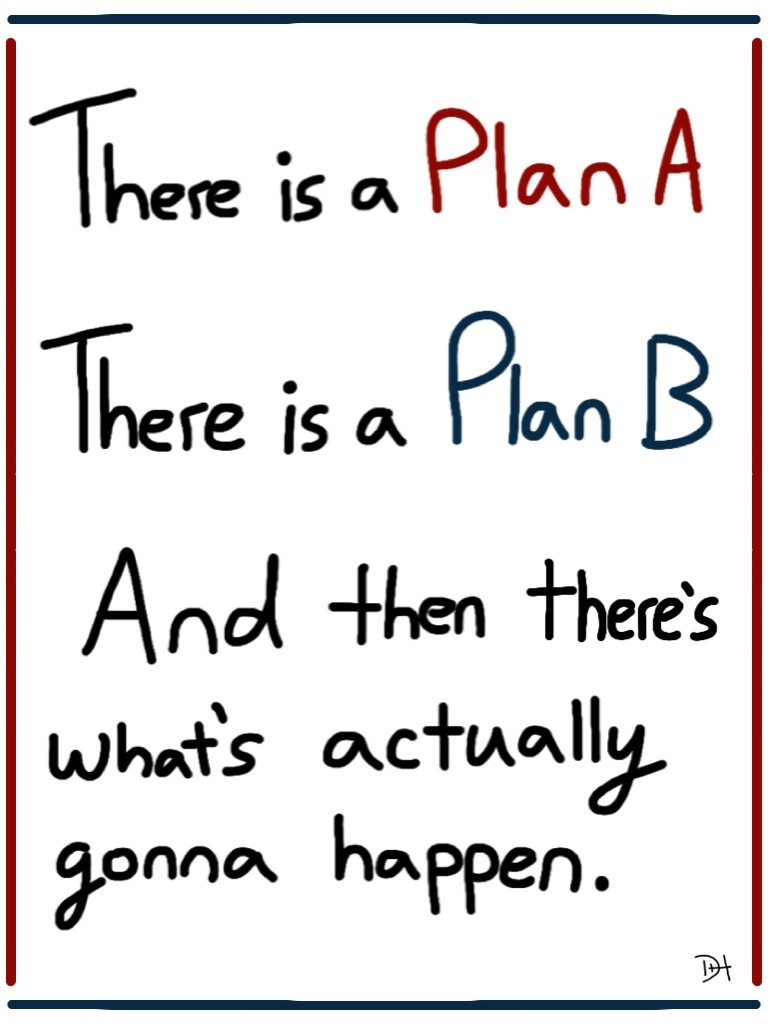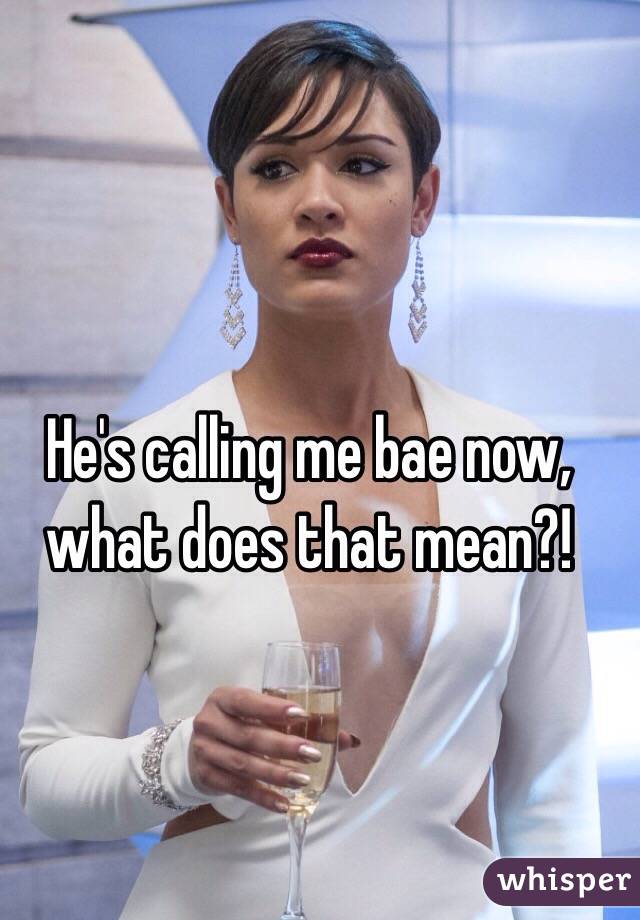
I had no idea who Nicole Arbour was until her video“Dear Fat People,” popped up on my Facebook newsfeed. In the video, she talks about the issue of “fat shaming,” which she believes is not a real thing.
For about six minutes, she rants about her views on fat shaming and fat people in a comedic, satiric, and unrelentingly cruel way. As I watched the video, what was clear was that this girl had opinions that, like many others, I found pretty distasteful.
Shaming in any way can cause very negative effects for those targeted. As a result of the video, Arbour has received a lot of backlash from the public. Arbour claims that she wasn’t trying to be offensive and that the video was all in comedic fun.
In my eyes, shaming is a real problem, whether it has to do with body image, race, sexual orientation, or anything else. Unfortunately, we live in a society that has become accustomed to this type of behaviour. And now, with the Internet and social media, people have a new outlet for their bullying.
When people choose to publicly announce their adverse opinions, we may cringe in disgust. But social media has also provided a new way for us to react to these issues—we like, we share, we comment, and we publicly criticize.
Arbour’s comments came across as harsh, blunt, and ignorant of the real struggles people who have weight issues go through. Because of this, her opinion did not match with that of the majority.
How you respond is up to you. If you haven’t already, you can watch the video. Post your comment. Join in on the discussion and controversy.
Or you can choose to do something different. Ignore the noise of social media. Generate your own opinion, quietly.






